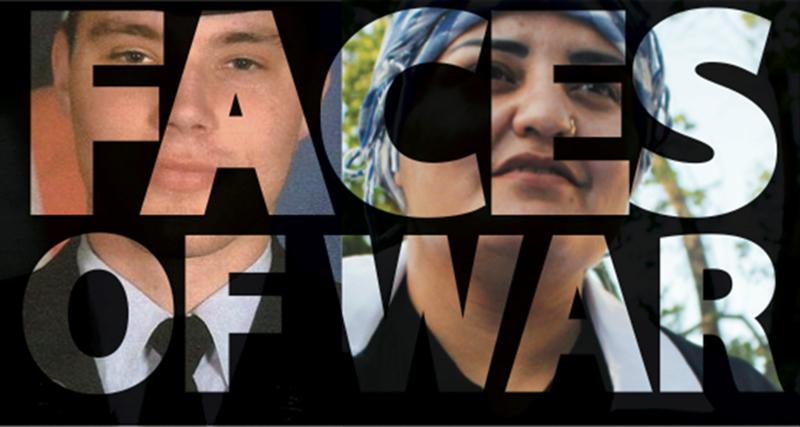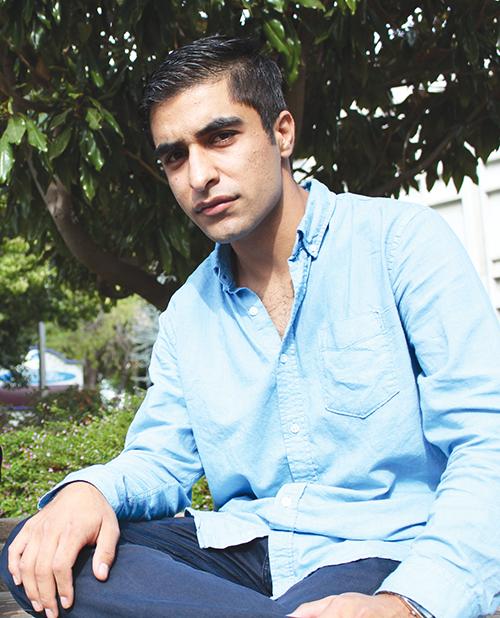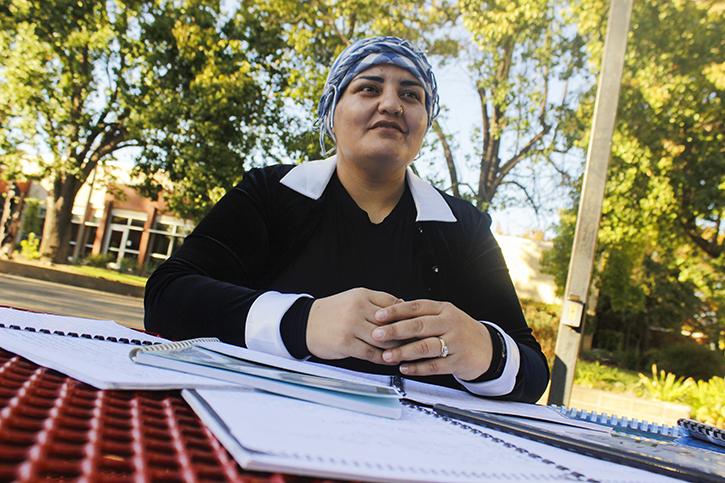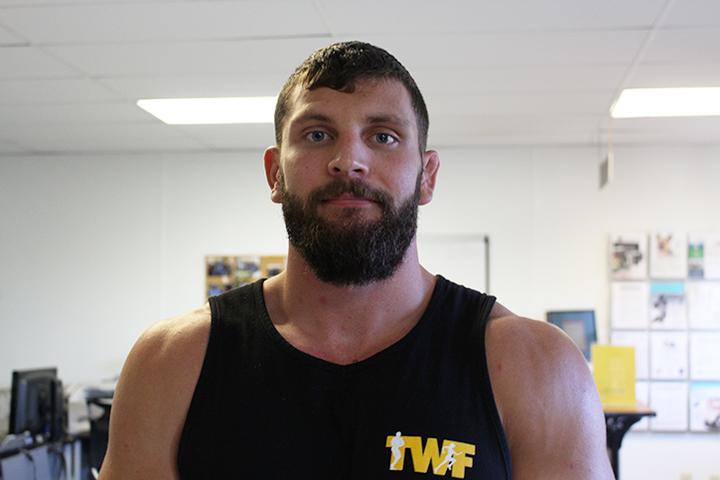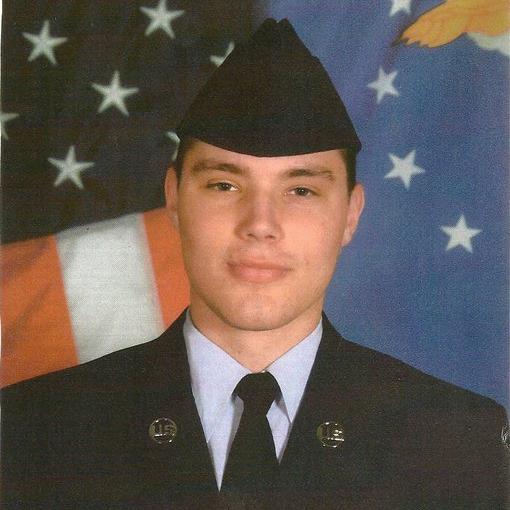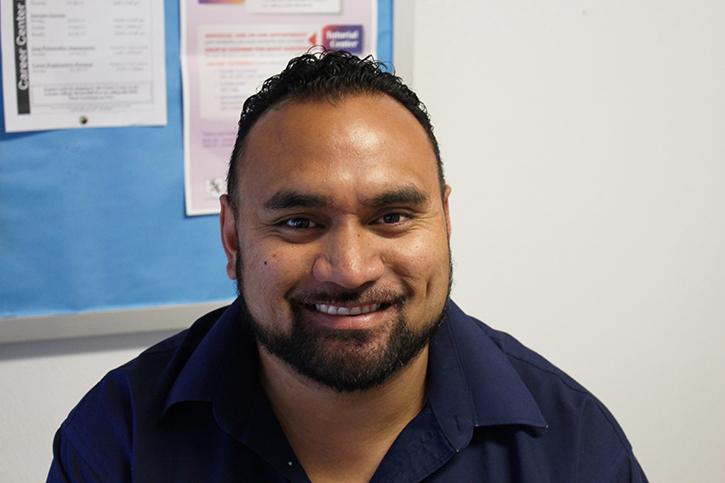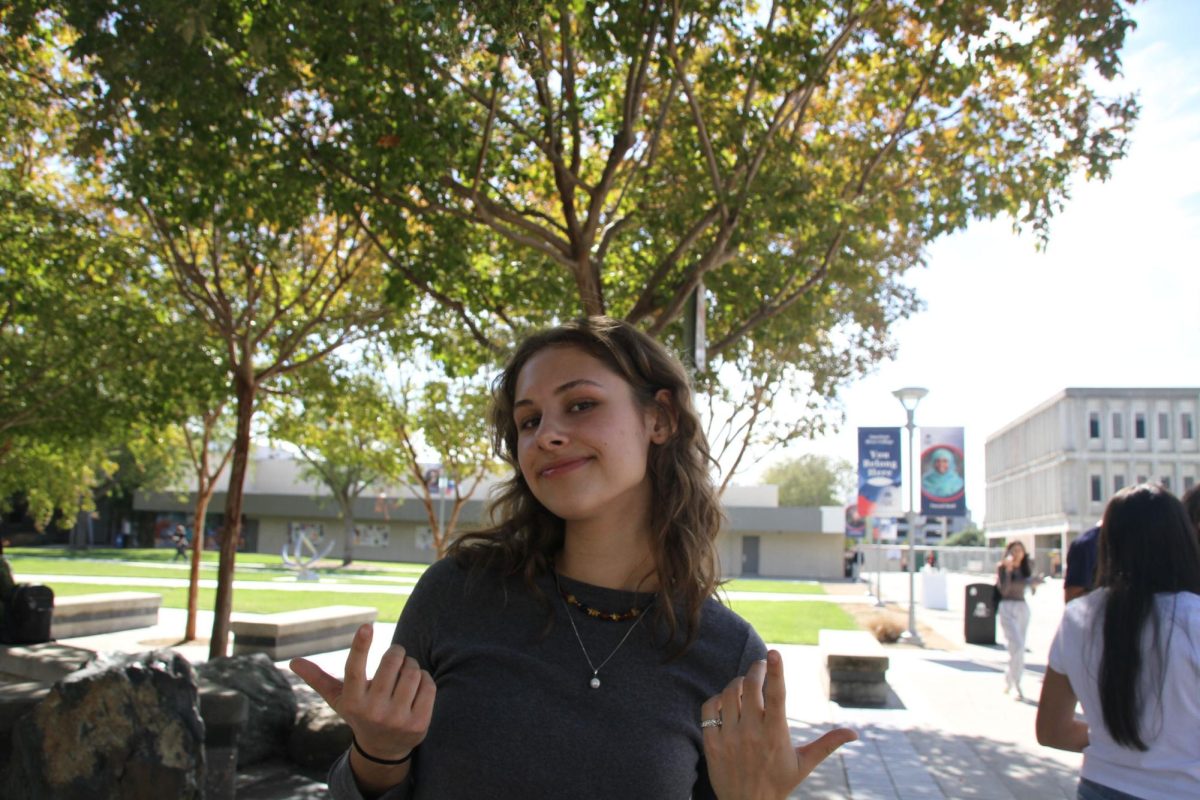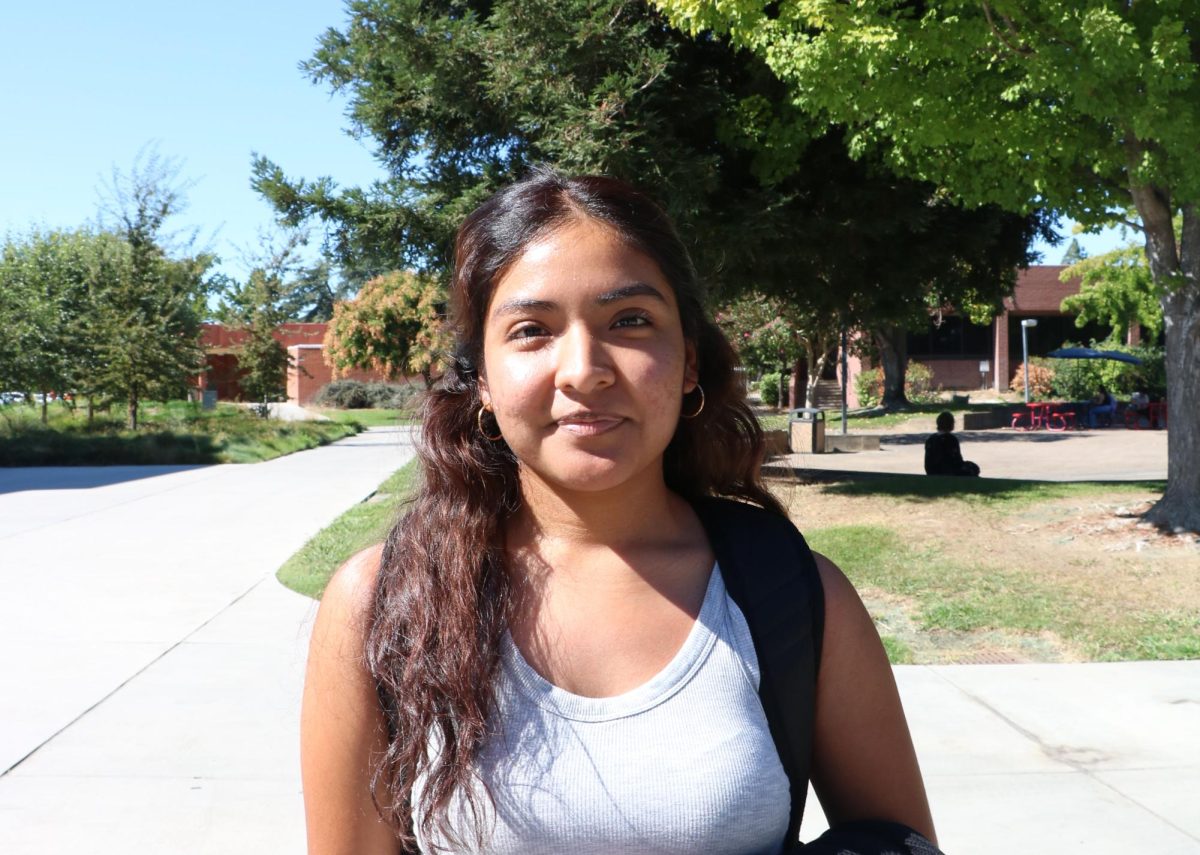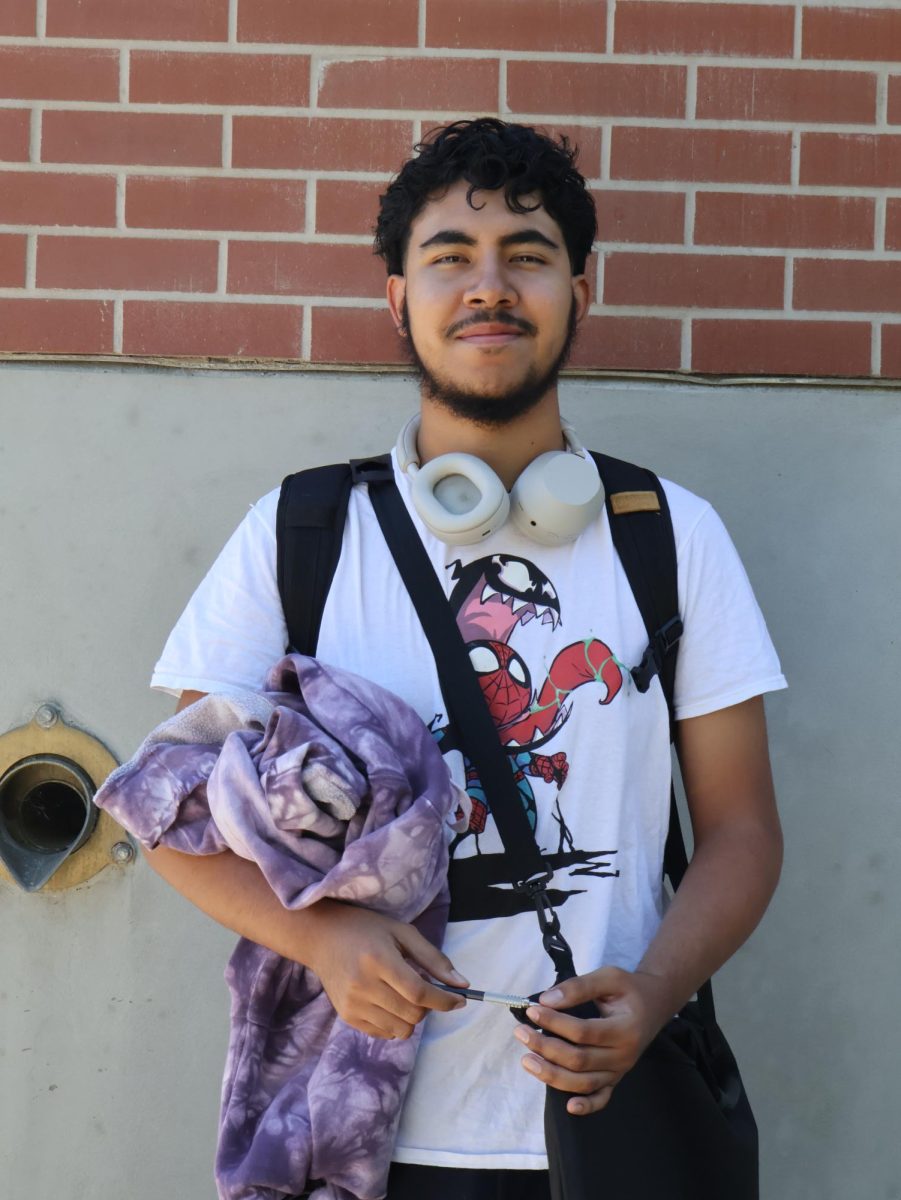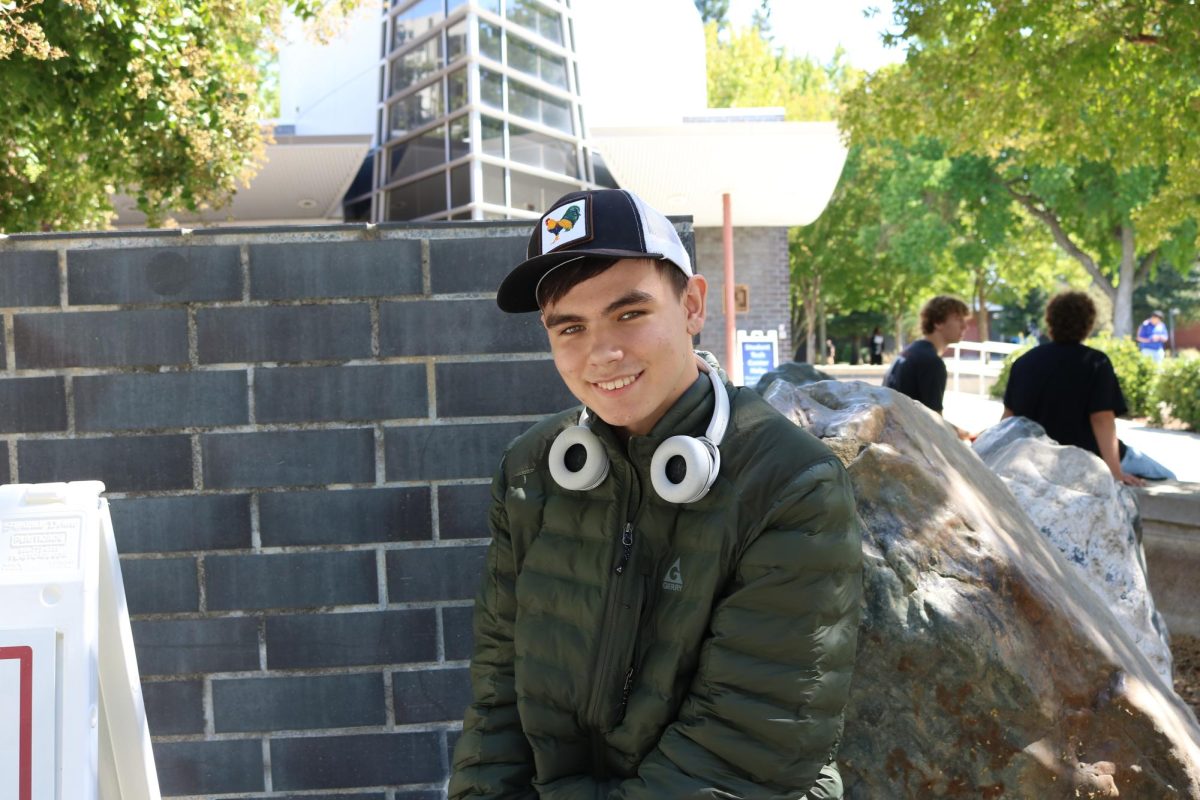Sacramento has become a large gathering spot for people fleeing from war during the last 20 years.
Nearly 30,000 refugees have resettled in Sacramento County from 1995 through 2014, according to the California Department of Social Services.
Karen Ferguson, the executive director of the International Rescue Committee (IRC) in Northern California, pinpointed this rise to two factors: lower cost of housing and good employment.
“Sacramento is very fortunate to have both,” Ferguson said.
Sacramento in particular has developed a large population from war-torn countries such as Afghanistan and Iraq.
While there isn’t any singular answer as to why Sacramento became a prime location for Afghan refugees in particular, the continuously growing number comes from the now-established community in the city.
“Sometimes we forget about the clustering in America,” Ferguson said. “It makes sense to be with people that are of the same culture.”
Paul Bracco, an English as a Second Language (ESL) professor at ARC, explained that educators must work with several challenges faced by people who have fled a war zone.
The language factor is the by far the most challenging, according to Bracco.
“In the context of teaching language, these things come up,” said Bracco. “There’s no separating it.”
Bracco mentioned some factors that professors should be cognizant of.
“Making sure we’re aware of cultural things,” he said. “What school was like, how they were taught.”
Bracco said that while it would be more difficult for those who grew up in America to move across the world as opposed to moving to the U.S., there are certain traditions to be aware of.
“We do have to be sensitive of cultural traditions, holidays and such,” said Bracco.
Ferguson spoke to some of the struggles that people who have been relocated face when they come to the U.S.
“This was not what their future plan was,” Ferguson said. “They’ve made a choice to try and seek a new opportunity. They no longer could exist in the place they call home.”
Ferguson said many refugees face a conflict when they arrive in the U.S., and a range of emotions cluster together.
“There’s a lot of appreciation and a sense of being grateful about going to a different country,” Ferguson said. “At the same time, they’re forcibly leaving behind everything.”
Anupe Sandhu, a policy analyst for the Coalition of California Welfare Rights Organization, agreed with Ferguson’s assessment.
“(Sacramento is) an affordable city with an established Afghan community,” Sandhu said.
Between 1995 to 2014, 310 Afghan refugees have relocated to Sacramento. Over 1,401 hail from Iraq. Most—over 20,000—are from the former U.S.S.R.
“One of the questions we always ask is ‘Do you have a relative in the U.S.?’ And if they say yes, we always try to help settle them with a relative. So that’s how that number ballooned,” Ferguson said on the expanding population.


